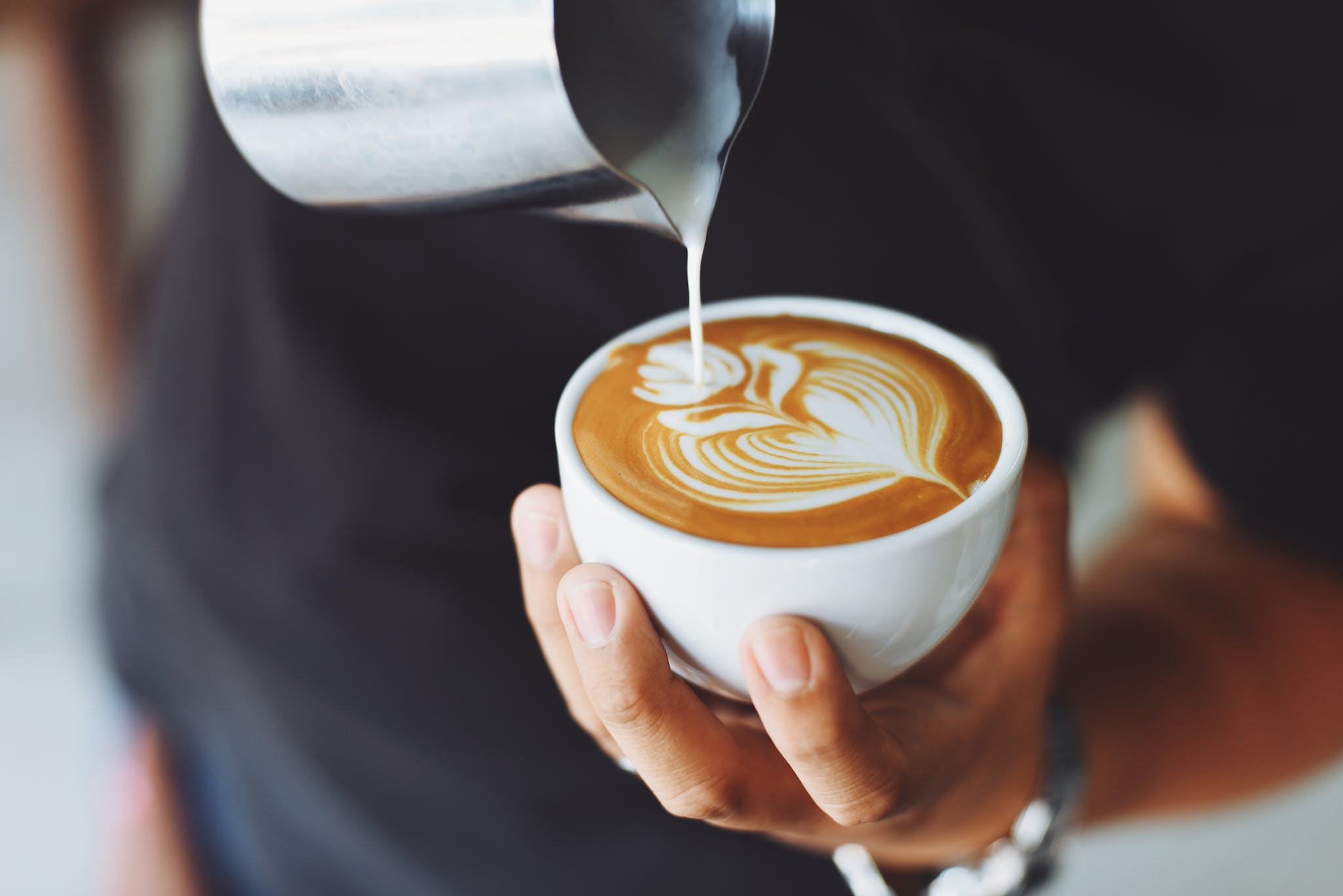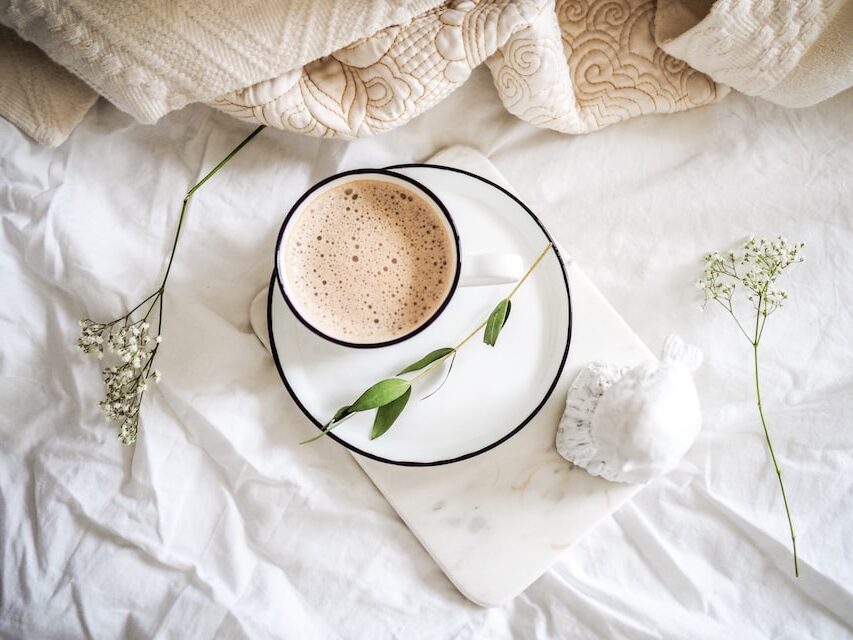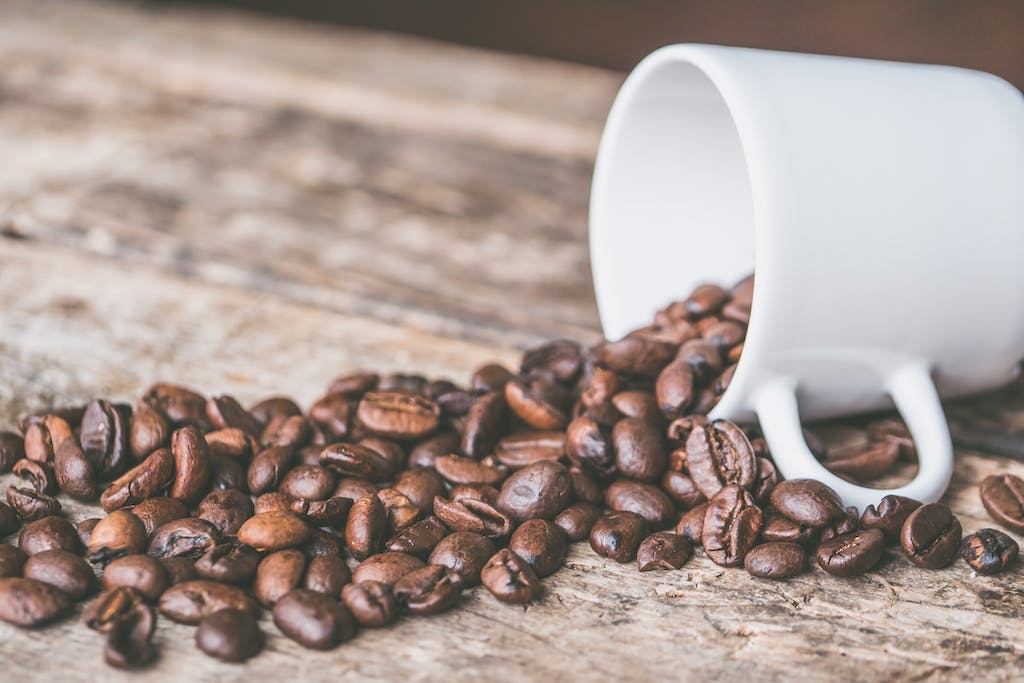Will Decaf Coffee Keep You Awake? The Truth About Caffeine-Free Coffee
There are some affiliate links below, but they are all products I highly recommend. For more info, view my disclosure here.
If you’re someone who loves the taste of coffee but can’t handle too much caffeine, decaf coffee might be your go-to beverage. But have you ever wondered if decaf coffee can keep you awake? After all, the process of removing caffeine from coffee involves some level of alteration, so it’s natural to question whether decaf coffee can still have an impact on your energy levels.
The short answer is that decaf coffee shouldn’t keep you awake. While decaf coffee does contain a small amount of caffeine, it’s typically less than 3% of the caffeine found in a regular cup of coffee. This means that even if you’re sensitive to caffeine, you’re unlikely to experience any significant effects from drinking decaf coffee.
However, there are some factors to consider that could impact how decaf coffee affects your energy levels. Everyone has different caffeine tolerance, and your individual tolerance may be lower than coffee lovers who are used to multiple cups a day.
Understanding Decaf Coffee
If you’re looking to reduce your caffeine intake, decaf coffee may be a suitable option. Decaf coffee is made by removing most of the caffeine from coffee beans, resulting in a beverage that’s lower in caffeine content than regular coffee. In this section, we’ll explore the decaf coffee process and its caffeine content and health implications.
Decaffeination Process
There are several methods used to decaffeinate coffee beans, including the use of methylene chloride, ethyl acetate, the Swiss water process, and carbon dioxide. Methylene chloride and ethyl acetate are chemical solvents that are used to extract caffeine from coffee beans. The Swiss water process uses water to remove caffeine, while carbon dioxide is used to extract caffeine in a high-pressure environment.
Caffeine Content in Decaf
Decaf coffee isn’t completely caffeine-free, but it contains significantly less caffeine than regular coffee. The amount of caffeine in decaf coffee can vary depending on the decaffeination process used and the type of coffee bean. On average, a cup of decaf coffee contains about 2-5 milligrams of caffeine, while a cup of regular coffee contains about 70-140 milligrams of caffeine.
Health Implications of Decaf
Decaf coffee has been associated with several health benefits, including reducing the risk of type 2 diabetes, liver disease, and certain types of cancer. However, it’s important to note that decaf coffee can still have negative health effects if consumed in large amounts. Some decaffeination methods may leave behind harmful chemicals in the coffee beans.
Decaf coffee is a suitable option for those looking to reduce their caffeine intake. However, it’s important to understand the decaffeination process and the potential health implications of consuming decaf coffee. When choosing decaf coffee, opt for beans that have been decaffeinated using the Swiss water process or carbon dioxide, as these methods are considered to be safer and more environmentally friendly.

Caffeine’s Effects on Sleep
Caffeine is a central nervous system stimulant that can affect your sleep quality. It works by blocking adenosine receptors in the brain, which are responsible for promoting sleepiness. When adenosine levels build up in the brain, you feel tired and sleepy. Caffeine prevents this from happening by blocking the receptors and keeping you alert.
How Caffeine Affects Sleep Quality
Caffeine can have a significant impact on the quality of your sleep. Even small amounts of caffeine can disrupt your sleep patterns and make it harder for you to fall asleep. The effects of caffeine can last for several hours, so it’s best to avoid consuming it close to bedtime.
One study found that consuming caffeine six hours before bedtime reduced total sleep time by one hour. Another study found that consuming caffeine three hours before bedtime significantly disrupted sleep quality and increased the time it took to fall asleep.
Decaf and Sleep Patterns
Decaffeinated coffee contains only a small amount of caffeine, so it’s less likely to affect your sleep patterns than regular coffee. However, decaf coffee can still contain up to 15% of the caffeine found in regular coffee. This is because the decaffeination process is not 100% effective.
If you’re sensitive to caffeine or have trouble sleeping, it’s best to avoid all sources of caffeine, including decaf coffee. Instead, try drinking herbal tea or non-caffeinated beverages in the evening to help you relax and prepare for sleep.
Caffeine can have a significant impact on your sleep quality, and it’s best to avoid consuming it close to bedtime. Decaf coffee contains less caffeine than regular coffee, but it can still affect your sleep patterns. If you’re sensitive to caffeine or have trouble sleeping, it’s best to avoid all sources of caffeine.
Health Considerations of Decaf
If you are considering switching to decaf coffee, you may be wondering about the health benefits and potential risks. Decaf coffee has been shown to have some health benefits, but it is important to understand the potential risks as well.
Decaf for Specific Health Conditions
Decaf coffee may be a good option for individuals with certain health conditions. For example, if you have heart disease or high blood pressure, you may want to consider switching to decaf coffee. Regular coffee contains caffeine, which can increase your heart rate and blood pressure. Decaf coffee, on the other hand, does not contain caffeine and may be a better option for individuals with these conditions.
Pregnant women may also want to consider switching to decaf coffee. While moderate caffeine intake is generally considered safe during pregnancy, some studies have suggested that high caffeine intake may increase the risk of miscarriage or preterm birth. Decaf coffee may be a good alternative for pregnant women who want to limit their caffeine intake.
Comparing Health Benefits of Decaf and Regular Coffee
While decaf coffee does not contain caffeine, it still contains many of the same compounds as regular coffee. For example, both regular and decaf coffee contain chlorogenic acid, which has been shown to have antioxidant properties and may help improve liver function.
However, regular coffee contains higher levels of chlorogenic acid than decaf coffee. Regular coffee also contains caffeine, which has been shown to have some health benefits, such as improving cognitive function and reducing the risk of certain cancers.
Overall, while decaf coffee may be a good option for individuals with certain health conditions, it may not provide the same health benefits as regular coffee. It is important to talk to your doctor or a registered dietitian to determine what type of coffee is best for you based on your individual health needs and goals.

Choosing Your Coffee
When it comes to choosing your coffee, there are a few things to consider. Whether you’re a coffee lover or just looking for a better choice, it’s important to find a coffee that suits your taste and lifestyle. Here are a few things to keep in mind when choosing your coffee.
Decaf as an Alternative
If you’re looking for a good alternative to regular coffee, decaf can be a great way to limit caffeine while still enjoying coffee. Decaf coffee is made by removing most of the caffeine from the coffee beans. This means you can still enjoy the taste and aroma of coffee without the jitters that come with caffeine. However, it’s important to note that decaf coffee is not completely caffeine-free. Most decaf coffee still contains a small amount of caffeine, so if you’re sensitive to caffeine, you may still want to limit your cups of coffee.
Taste and Aroma Considerations
When it comes to taste and aroma, different coffee beans and roasts will have different flavors and smells. Some people prefer a darker roast for a bolder taste, while others prefer a lighter roast for a milder taste. It’s also important to consider the origin of the coffee beans, as different regions will have different flavors and aromas. For example, coffee beans from Ethiopia are known for their fruity and floral notes, while coffee beans from Colombia are known for their nutty and chocolatey flavors.
In addition to the type of coffee beans and roast, the brewing method can also affect the taste and aroma of your coffee. French press and pour-over methods tend to produce a stronger and more flavorful cup of coffee, while drip coffee makers produce a milder taste.
Overall, when choosing your coffee, it’s important to consider your personal taste preferences and lifestyle. Whether you choose regular or decaf, dark or light roast, or a specific brewing method, finding the right coffee can help you enjoy your cups of coffee to the fullest.
Myths and Misconceptions
When it comes to decaf coffee, there are several myths and misconceptions surrounding its ability to keep you awake. Here are a few things you should know:
- Myth #1: Decaf coffee has no caffeine at all. While it’s true that decaf coffee has significantly less caffeine than regular coffee, it still contains a small amount of caffeine. According to the FDA, a 6-ounce cup of decaf coffee can contain anywhere from 2 to 5 milligrams of caffeine. While this is a tiny amount compared to the 95 milligrams found in a regular cup of coffee, it’s still enough to have a slight effect on some people.
- Myth #2: Decaf coffee won’t affect you if you’re sensitive to caffeine. If you’re sensitive to caffeine, you may still feel the effects of decaf coffee. This is because even a tiny amount of caffeine can have an impact on some people. However, if you’re extremely sensitive to caffeine, you may not notice any effects from decaf coffee.
- Myth #3: Decaf coffee won’t keep you awake. While decaf coffee won’t keep you awake in the same way that regular coffee can, it can still have a slight effect on your alertness. This is because caffeine is not the only compound in coffee that can affect your brain. Other compounds, such as antioxidants and polyphenols, can also have an impact on your cognitive function.
- Myth #4: Decaf coffee is just a placebo. While it’s true that some people may experience a placebo effect when drinking decaf coffee, this doesn’t mean that the coffee has no real effects. As mentioned earlier, decaf coffee still contains a small amount of caffeine, as well as other compounds that can affect your brain. So, even if you’re not consciously aware of any effects, your brain may still be responding to the coffee.

While decaf coffee is not as powerful as regular coffee when it comes to keeping you awake, it still contains a small amount of caffeine and other compounds that can have an impact on your cognitive function. If you’re sensitive to caffeine or trying to avoid it altogether, decaf coffee may be a good option for you. However, if you’re looking for a strong jolt of caffeine, regular coffee is still your best bet.
Read next: The Perfect Coffee Pairing: Food And Beverage Pairings That Go Well With Coffee


![How to Make Cold Brew Coffee at Home Without Special Equipment [Easy Guide] 5 A barista prepares an iced coffee using drip filters in a coffee shop setting.](https://coffeebeanscene.com/wp-content/uploads/2025/06/a-barista-prepares-an-iced-coffee-using-drip-filters-in-a-coffee-shop-setting.-5946976-scaled.jpg)


